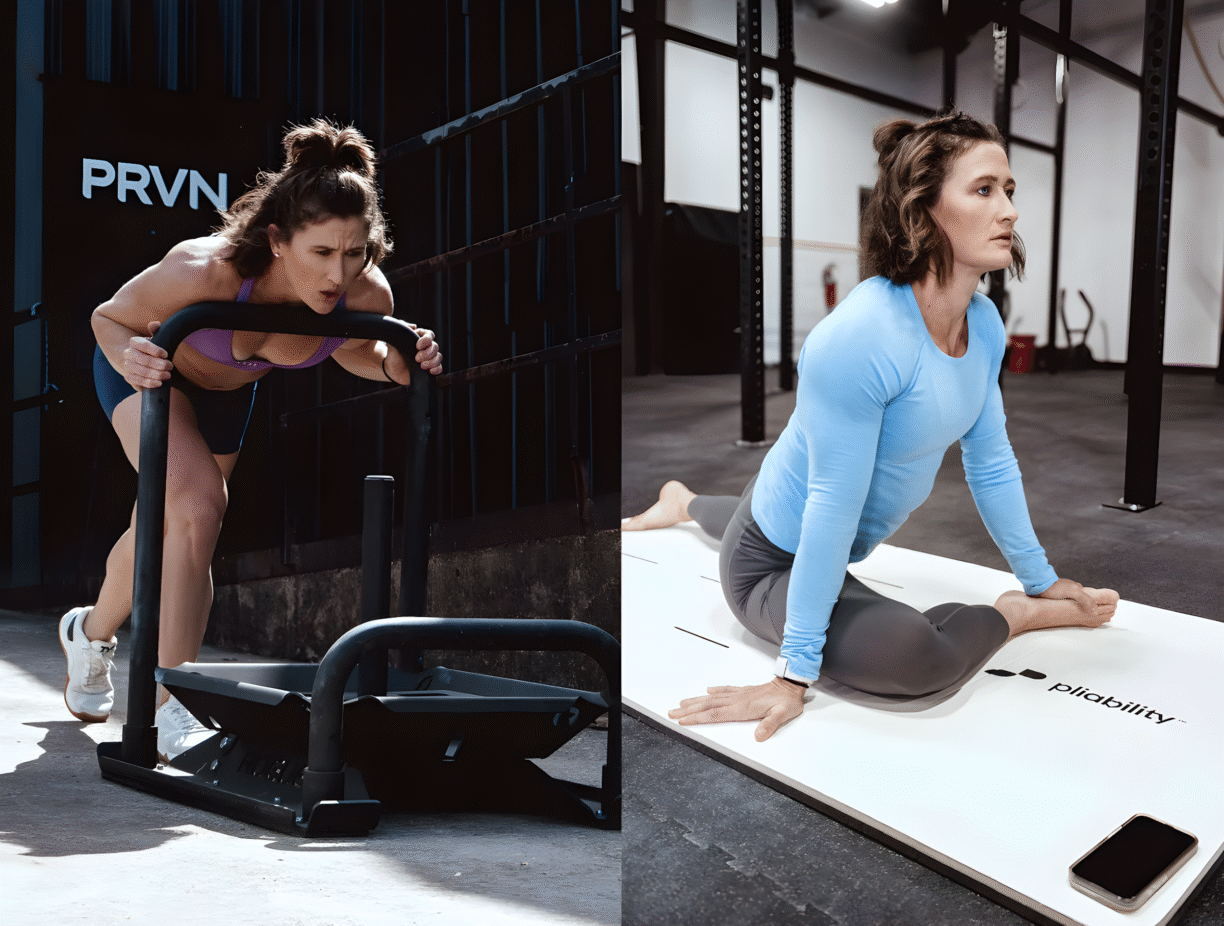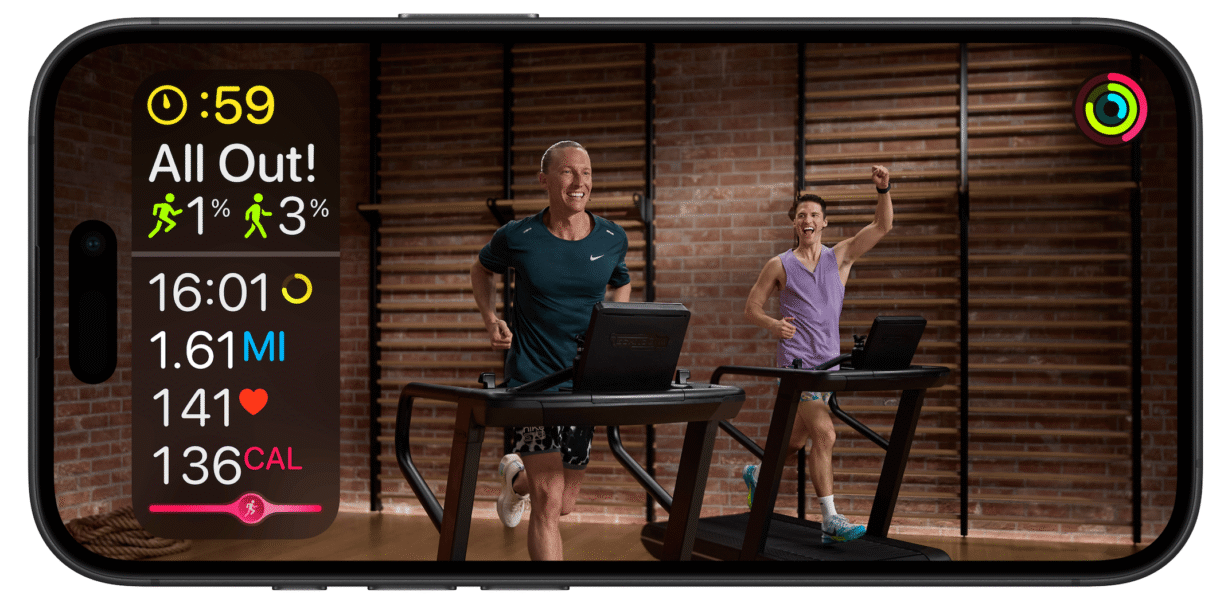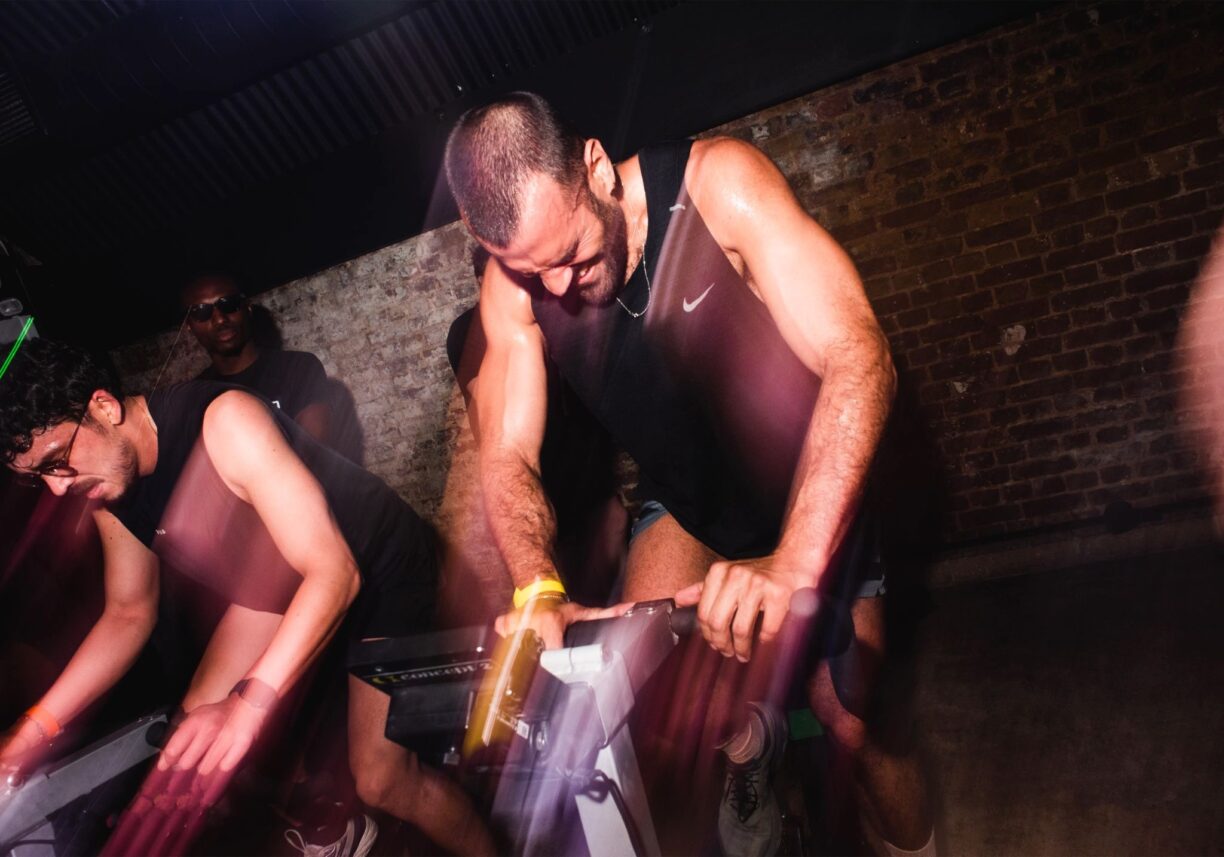FOR YEARS, I was a guest speaker at Champneys Health Spa in Tring, talking about exercise and the ageing process. Ninety per cent of the attendees were women, which isn’t unexpected in a health spa. During that time, I learned a lot of things about women and quite a few things that I didn’t particularly want to know!
Often, the topic of menopause would take over the discussion, with every woman having their own opinion and some even believing that they were experts on the subject.
Although I read about menopause when the mogul Oprah Winfrey was battling her battle, I learned more at Champneys to understand that the changes can be subtle over time. A woman may only realise she’s entering the peri-menopausal stage once her periods stop. So, if they don’t know or recognise the subtle changes, how can they possibly let men know?
For many women, menopause is a negative spiral: weight gain, diminished attractiveness, low self-esteem, reduced motivation, and helpless resignation, and how that can constantly impact self-image problems.
It was a challenging task to guide them back to the subject of exercise and the ageing body, but I did. Everyone’s life should include significant activity for their general health. When I don’t follow my regular schedule, I notice the difference it makes to mine.
The average woman will live the last third of her life after menopause. Starting an exercise regimen in perimenopause can significantly impact and improve how these years are lived. Exercise can be a particularly effective therapy for easing menopausal symptoms.
Although exercise hasn’t been shown to lessen menopausal symptoms like night sweats and hot flashes, regular exercise can enhance your quality of life, reduce stress, and help women maintain a healthy weight.
When it comes to exercise for peri-menopausal and menopausal women, there needs to be a graded approach to exercise – a balance between intensity and resistance training. The Midlife Fitness programme is what women need when it comes to exercise. It puts the muscles under enough strain to encourage a strengthening response and cardiovascular endurance. It combines restorative yoga and breathwork to create a balanced exercise regime.
Why is exercise crucial during perimenopause and menopause?
It has numerous advantages during and after menopause, including avoiding gaining weight. Around menopause, women frequently experience muscle loss and abdominal fat increase. Regular exercise can aid in preventing weight gain.
Almost all the ladies who finished the 12-week programme reported that it lessened the symptoms of menopause: their anxiety decreased, their mood improved, their self-esteem increased, and their hot flushes diminished.
They said that the exercises within the programme were ones you would want to do and include in your daily routine. It was simpler to stick to and reminded you how exercising makes you feel good.
Even if you currently workout regularly, the Meta-Age regimen will make exercising more intriguing. Combining aerobic and resistance training ensures you get the most significant benefit.
Resistance training is frequently associated with weights (and it certainly can be), but water resistance is a total body workout involving every sinew and fibre of your body. Water resistance training, such as Kun-Aqua, will also burn more calories than land-based exercises. It will help increase muscle mass, improve flexibility and mobility, and fortify bones against osteoporosis (a common problem following menopause).
JUMPGA is the safest form of land-based cardio, taking away up to 80% of the pressure on your joints whilst increasing your heart rate. Thanks to this, your heart and circulatory system stay healthy and operate at their best. It has been calculated that 20 minutes of cardio doing JUMPGA is the equivalent of running for an hour.
Both exercises within the Midlife Fitness programme, Kun-Aqua and Jumpga, have been shown to improve mental health, which can be a severe problem for women during this stage of life. The ladies at Champneys love it.





